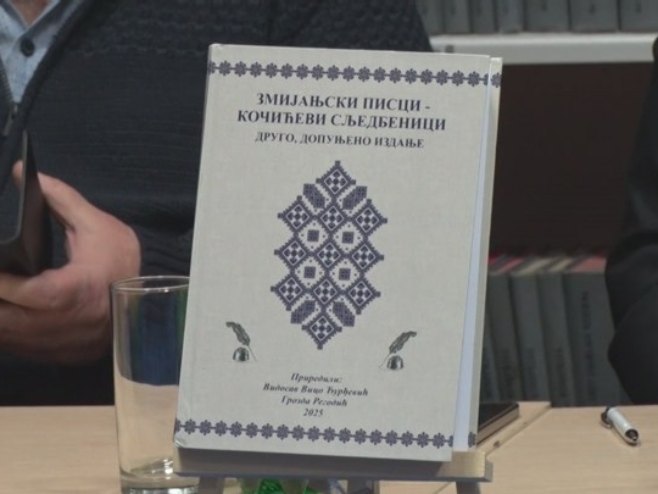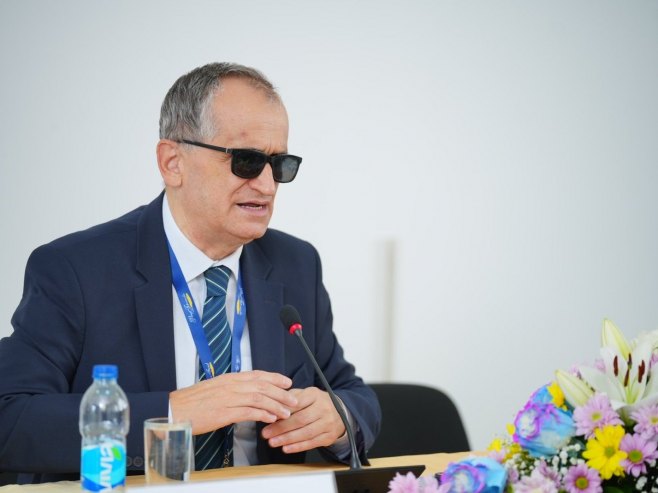Sretenje holds great significance in Serb history as it represents a European event on the Balkan soil, stated Professor Dr. Milo Lompar, a distinguished Serb intellectual, literary historian, and university professor at the Faculty of Philology, University of Belgrade, where he teaches 18th and 19th-century Serb literature and Cultural history of Serbs.
Lompar emphasized that this was the first uprising with such an outcome.
- “It had great significance for other Balkan nations, marking the beginning of what was known as the Eastern Question. This process later extended to the Greeks and other Balkan nations, leading to their liberation. For Serbia, this was an important event as it demonstrated a sense of self-awareness, readiness, and courage among the people of that time, who, despite unfavorable historical circumstances, initiated the struggle for national liberation and later for national unification,” explained Lompar.
He noted that “the Serb people have always been caught in a dilemma, as we are a border nation.”
- “At the same time, this is a cultural advantage that we often fail to recognize. The dominance of the West has always been quite risky for us. We faced a great adversary in Austria-Hungary. This is a paradox of history and culture—they do not progress simultaneously. What is important to understand is that we have always been more receptive to the good than to the bad aspects of the West. Even today, we find ourselves in this kind of wavering,” Lompar pointed out.
13th Sretenje Oration in Banja Luka
On the occasion of Sretenje, the Serb Assembly Baštionik is organizing the 13th Sretenje Oration, where Professor Lompar will be the keynote speaker.
The theme of this year’s oration is “Encounters in Culture: Karađorđe and Dositej.”
The event will take place at the Cultural Center Banski Dvor in Banja Luka, starting at 7:00 PM.
Source: RTRS









